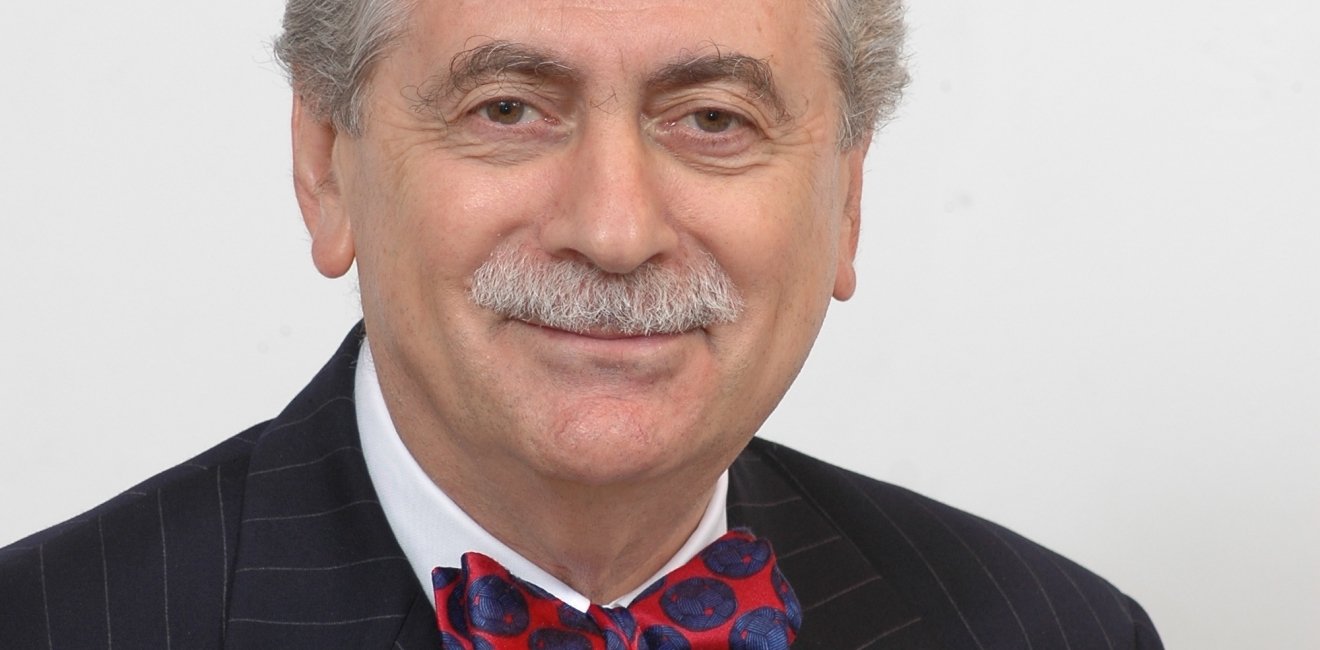On a beautifully sunny weekend, early this June 2016, as I was visiting Strathclyde University in Glasgow, Scotland, on my ride from the airport to the city, my driver volunteered, " We will be leaving the European Union, Scotland and Ireland may then leave the UK and stay in the EU. The whole process will take a while, maybe six years...".
The British people have now rendered, albeit by a slim margin, their verdict, this past Thursday, June 23rd in favor of leaving the EU. The first part of my Scottish driver's prediction became reality three weeks after we met. The global markets responses to Brexit were predictably seismic...!
While we respect the British people's decision, we regret very much their intended departure from the EU, for their sake and ours. We do, especially so, at a time of unprecedented global turmoil, uncertainty, and insecurity.
We also regret that President Obama's visit with Prime Minister David Cameron intended to help consolidate the Bremain vote, in fact backfired, as President Obama admonished the British people that should they decide to leave, they will be at the end of the queue in trade relations with America following Brexit. Such admonition predictably undermined its intended effect as it was both insulting and unnecessary.
The Brexit result is a complex, multifactorial phenomenon that includes among such factors, a reaction to the EU, its policies and inflexible bureaucracy but not only. It also is in response to other underpinning, global forces unleashed in the past two decades. These include economic uncertainty; the paradox of innovation and unemployment for wide segments of formerly middle class families; sustained and unending conflicts in multiple zones; massive east to west and south to north migrations into Europe; terrorism and its consequences; the growing disaffection with the political and economic elites that, on their watch in power, have not prepared the middle classes of their countries with a proper transition to the 21st century globalized economy; and thus directly or indirectly contributed to the widening gap between the haves and the have nots.
Brexit is also a symptom of America's diminished engagement, in the 21st century, with the Euro-Atlantic Alliance and the European project. The European Union, a solidarity project par excellence emerged from the ashes of World War II in Europe with the generous support of the United States, the Marshall Plan and a close involvement of America's leadership in partnership with the Europeans to conceive, launch and sustain the European project.
Regrettably a false sense of security descended upon the Euro-Atlantic Alliance, following the fall of the Berlin wall, the demise of the Soviet Union, the admission to the EU of former Eastern bloc countries and resulting in a significantly decreased American involvement in European Affairs.
Recent Russian aggressions on the Crimean peninsula and earlier on in Georgia; the string of terrorist events; massive and unprecedented migration into Europe; high unemployment rates particularly among young people and the middle class, both in Europe and the United States, became alarm signals to a much diminished Euro-Atlantic Alliance, disaffection with the political elites on both continents and for the need for American leaders' robust reengagement with solutions both at home and abroad.
This autumn America will elect a new President. Among the challenges the new President will need to address will be how to renew the American people's confidence in their leaders, restore the American dream of equality of opportunity as well as to review and revise America's leadership role and reengagement with the world inclusive of the Euro-Atlantic alliance and contributing to global security in partnership with our allies.
America did it once after the devastating World War II with the Marshall Plan and its offsprings, inclusive of the European Union, OECD, NATO and others.It can do it again in tandem with its European, inclusive of our British friends, and all the other global partners. We also hope our British friends will reflect further on the consequences of their recent actions and perhaps consider possible alternatives.
Going past the seismic consequences of Brexit will require a renewed and robust American leadership in the Euro-Atlantic alliance, a reengagement of our partners, steadfast stewardship, bold vision and above all thinking big and can do spirit both at home and abroad.
______________________________________________
*Eliot SOREL MD is the co-editor of The Marshall Plan: Lessons Learned for the 21st Century published by OECD and accessible at www.oecd.org. Dr. Sorel is also Senior Advisor to the Ion Ratiu Democracy Award at the Woodrow Wilson Center for International Scholars, a Senior Scholar in the Center of Healthcare Innovation & Policy Research at the George Washington University and a member of the Health Information Exchange Policy Board of the District of Columbia.
Author

George Washington University

Global Europe Program
The Global Europe Program is focused on Europe’s capabilities, and how it engages on critical global issues. We investigate European approaches to critical global issues. We examine Europe’s relations with Russia and Eurasia, China and the Indo-Pacific, the Middle East and Africa. Our initiatives include “Ukraine in Europe”—an examination of what it will take to make Ukraine’s European future a reality. But we also examine the role of NATO, the European Union and the OSCE, Europe’s energy security, transatlantic trade disputes, and challenges to democracy. The Global Europe Program’s staff, scholars-in-residence, and Global Fellows participate in seminars, policy study groups, and international conferences to provide analytical recommendations to policy makers and the media. Read more

Explore More
Browse Insights & Analysis
The OSCE is a Good Value for America

The Growing Transatlantic “Big Tech” Rift Explained

The Future of France's Far-Right Party

